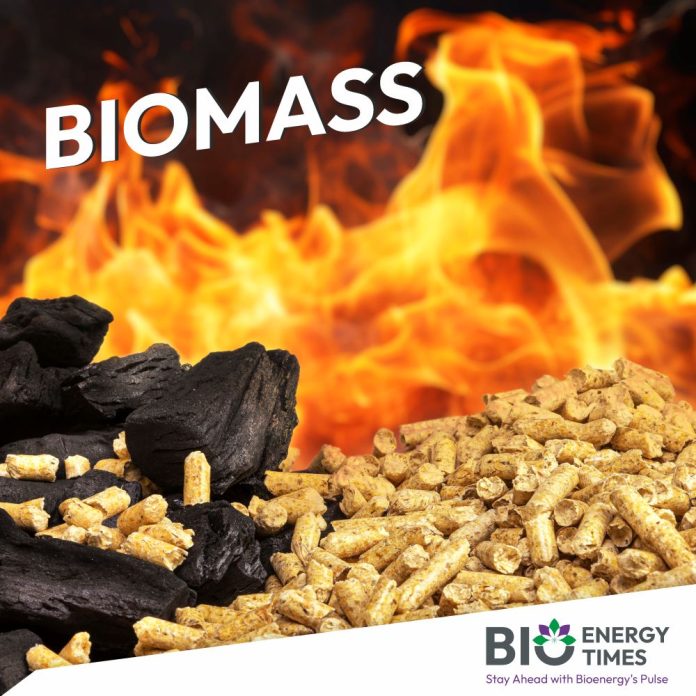State-owned power company PT PLN is set to expand the use of biomass co-firing in coal-fired power plants (PLTUs) through its subsidiary PLN Energi Primer Indonesia (PLN EPI), to promote environmental sustainability and create economic opportunities, reported Indonesia Business Post.
Mamit Setiawan, Corporate Secretary of PLN EPI, stated that PLN distributed 1.65 million tons of biomass for co-firing in 2024 and aims to increase this to 3 million tons in 2025.
“In 2024, co-firing was carried out in 47 PLTUs, and this number will grow to 52 PLTUs in 2025,” Mamit said on Monday, December 23, 2024.
The biomass used in co-firing includes wood waste from furniture factories, sawmills, plywood, and rubber plantation replanting waste. PLN also utilizes agricultural waste such as rice husks, palm shells, coffee shells, empty oil palm bunches, rice husk pellets, wood chips, cassava stem powder, sugarcane bagasse, and palm sugar powder.
Additionally, PLN EPI has started using solid waste or combustible fuel (BBJP) as an alternative to coal in several power plants.
“BBJP has already been used in the Jeranjang and Lontar PLTUs. It has also been mixed with sawdust at the Surabaya PLTU, and trials are ongoing at the Adipala PLTU,” Mamit explained.
This initiative is part of PLN’s strategy to support the transition to greener energy and reduce dependence on coal. The use of co-firing is expected to lower carbon emissions while promoting more eco-friendly energy sources.
For detailed information and further insights, please refer to BioEnergyTimes.com, which provides the latest news about the Biomass Industry














